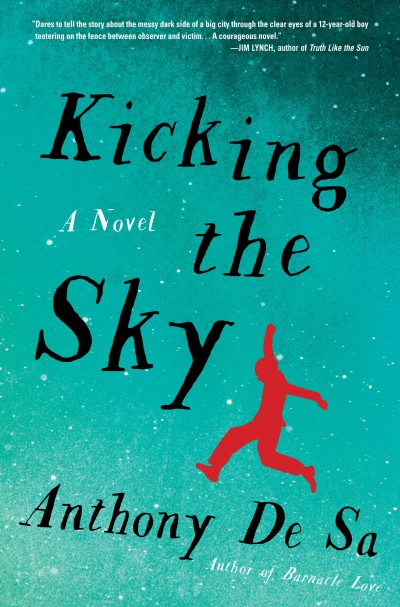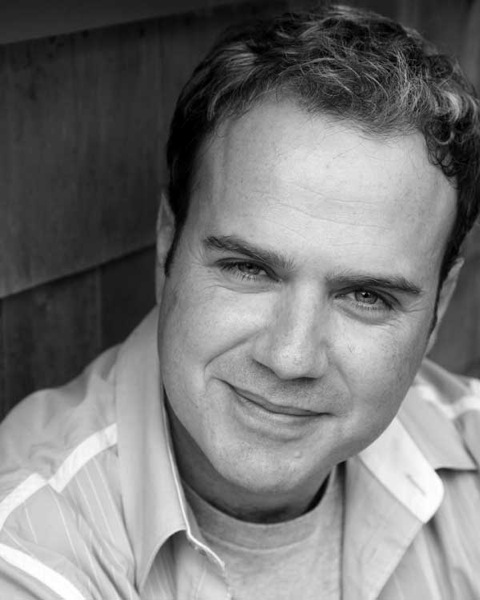Book Review: Kicking The Sky


Anthony De Sa comes to Burque on April 10.
Latest Article|September 3, 2020|Free
::Making Grown Men Cry Since 1992


Anthony De Sa comes to Burque on April 10.


